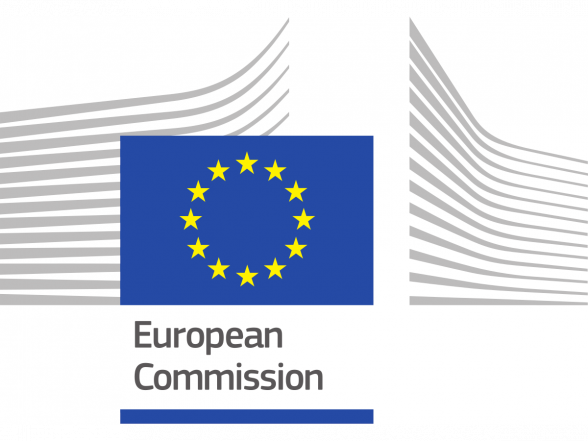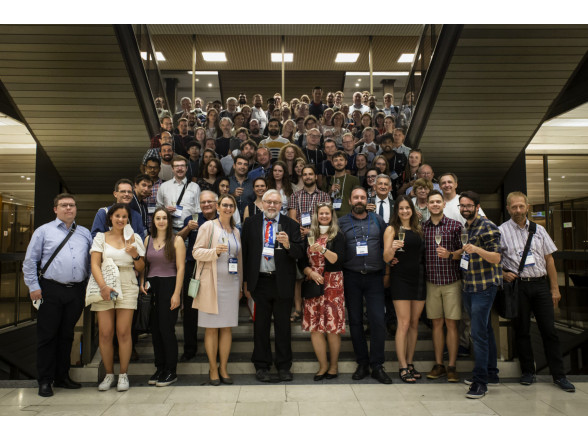On October 27, the Scientists’ Breakfast, a traditional monthly event organized by the Materize Innovation team, took place at the ISSP UL. The event gathers researchers over a cup of coffee to discuss interesting topics or listen to exciting presentations from colleagues or scientists in different scientific fields.
This month’s Breakfast was devoted to PhD Dr. Sci. Smagul Karazhanov, who started his work at the institute as a leader of the recently approved ERA-Chair project. During the meeting, the scientist introduced himself, talked about his experience, and planned activities within the scope of the ERA-Chair project.
Dr. Smagul Karazhanov is a senior researcher in the Solar Cell Laboratory of the Department of Solar Energy of the Institute for Energy Technology (IFE). His skills and expertise include solar cells, material characterization, materials science, carbon nanotubes, thin films, condensed matter physics, thin film deposition, photovoltaics, materials engineering, and semiconductors. He is the author and co-author of 190 publications.
About the project
To meet the market growth potential and address the global environmental challenges faced by the EU to achieve and sustain the zero-energy buildings market, the Smart windows for zero-energy buildings (SWEB) will rely on a variety of innovative smart windows (SW) solutions and products.
Within the project, researchers propose the development of non-toxic, abundant, long-term functional SW materials (photochromic, thermochromic, electrochromic, transparent conducting), implemented in parallel with cost-effective, robust, and industrially scalable technologies for fabrication of low-cost thin-film SW and chromogenic devices with flexibility in design, such as photochromic, thermochromic, electrochromic and self-powered SW – the basis for zero energy buildings in smart cities.
SWEB aims to recruit members of the ERA-Chair team that will bring complementary knowledge to the core team, thereby enhancing scientific excellence, increasing visibility, and bridging the gap between research and technology transfer. This will positively contribute to achieving Sustainable Development Goals, European targets for Clean Energy for all Europeans, the Smart Specialization Strategy of Latvia, and contribute to the European Research Area. The short-term aim is to create a functional ERA Chair team that can implement the strategies defined in the scope of the ERA Chair and ensure sustainability after the end of the project. The long-term goal of the SWEB is to strengthen the Thin Films Laboratory and the ISSP UL in achieving high scientific and innovation results and enhancing stakeholders’ networks.
With the support of the ERA Chair, ISSP UL is planning to establish the Briefing Demo Centre for renewable energy in Latvia and the EU joint graduate school on SW and zero energy buildings. Completing these tasks will contribute to the EU becoming a climate neutrality flagship. The main mission of the ERA Chair is to converge R&D&I, stakeholders, policymakers, and society.
ERA Chairs focus on institutional changes and increasing research capacity. They support universities or research organizations from eligible countries to attract and maintain high-quality human resources and help excellent scientists and their teams to become game changers in their field.



